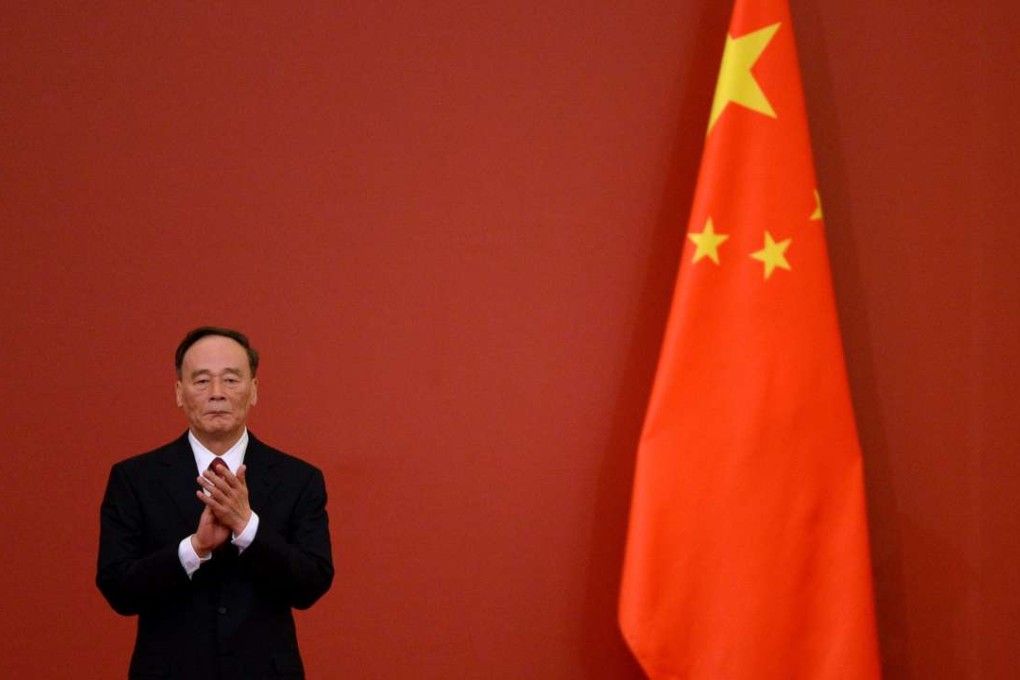Why reform of China’s anti-corruption agency is falling short
Dan Hough says a successful agency must not only be independent and beyond reproach, but also find allies in society to aid its work. These conditions just cannot be met in today’s China

China’s anti-corruption agency, the Central Commission for Discipline Inspection, has been in the news a lot this past week. The commission’s 128-member board has introduced a new code of conduct for discipline officers, part of an expanding system of internal oversight. Talk, however, is cheap; the practice is unlikely to be fundamentally different from what we have seen before.
To be fair to the reformers, getting the rules and regulations right is by no means straightforward. If we look at how these agencies work elsewhere, it’s clear many are ineffectual and arguably counterproductive, largely as they easily become politicised.
China’s party watchdog puts loyalty above all else
Many anti-corruption agencies do use the ICAC as a template, but have adapted it to fit their particular setting. Sometimes that can indeed bring success; the agencies in Croatia, Indonesia and Latvia, for example, are regarded as significant contributors to the anti-corruption fight. The majority, however, are regarded as failures.
Where to now for the ICAC?
As researcher Gabriel Kuris has argued, if anti-corruption agencies are going to be successful, then three things need to be preserved.
Firstly, they need to be both independent and beyond reproach themselves. The Central Commission for Discipline Inspection clearly fails in this as it remains a tool of the ruling Communist Party. And it is simply not that case that the commission can investigate what and who it wants, when it wants. Plus, a documentary series recently aired on CCTV revealed that the commission itself has corruption issues that it needs to deal with.
